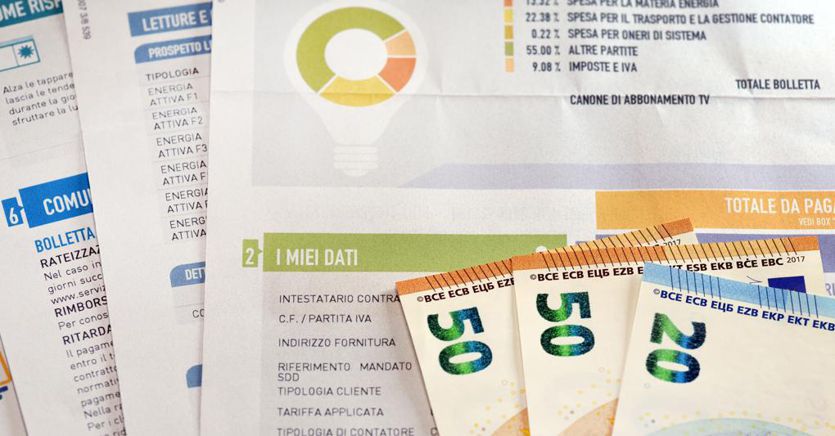The Authority for Energy, Networks and the Environment (Arera) has long started a very stringent process to make the electricity and gas bill readable by consumers. An objective that has also been strengthened with the adoption of the Code of commercial conduct which contains the rules of fairness and transparency that sales companies, and their commercial operators, must respect when they promote their free market offers, enter into a new contract o propose modifications to an existing contract, in order to guarantee customers both the necessary information on all aspects of the contract that is proposed to them, and the possibility of comparing prices and characteristics of the various offers. But what is the information that operators must guarantee to avoid unpleasant surprises for users? Here is an agile vademecum of the mandatory steps to foil unsolicited changes or unexplained increases.
The methods of dissemination of information
The code first of all establishes that sellers must provide information relating to their contractual offers in a transparent, complete and non-discriminatory manner and take “all reasonable measures to satisfy the information and assistance needs of customers in evaluating such offers”. To this end, they indicate, in all forms and commercial communications, an address which the customer can contact to obtain information relating to the offer. And they report in the promotional material complete information on the energy mix used for the production of the electricity supplied, as well as on the environmental impact of production.
The price of the supply
With respect to the price of the supply, the fees due by customers, says the Code, must be indicated in their unit value net of taxes, without prejudice to the possibility of providing a total amount based on the structure of the offer, specifying in this case that the amount also include taxes. As for the costs related to consumption, the document is very clear and essentially establishes that the values must be precisely quantified. If, for example, the fees are due in proportion to the consumption of electricity or gas and possibly differentiated by consumption bands or brackets, the disbursement must be indicated exclusively in euros per kilowatt hour and per standard cubic meter. 3)
The overall expense
If information is provided relating to the estimate of the total expense associated with the prices for supplying the service to domestic or non-domestic customers, both in the pre-contractual and in the contractual phase, any discounts automatically applied by virtue of the adherence to the offer, including discounts received by the end customer if the latter does not terminate the contract before the year, accrued during the first twelve months from the effective date of the contract regardless of its duration. Any other bonuses or discounts applied only on the occurrence of particular conditions provided for in the supply contract or which do not contribute to the reduction of the tax base are not included in the calculation of the overall expense. However, the Code states, it is the faculty of the seller to provide “a separate evidence of the total annual expenditure associated with the occurrence of such conditions”.
Unilateral amendments to the contract
Until now, the supplier could unilaterally change the price conditions, with a prior notification to the customer (three months earlier). Now until April 2023, according to the provisions of a regulation contained in the Aid bis decree, the effectiveness of any contractual clause that allows the electricity and gas operator to unilaterally modify the general conditions of the contract relating to the definition of the price is suspended. Not only. The same rule also establishes that notices communicated before the date of entry into force of the decree are ineffective, with the exception of contractual changes already completed.
